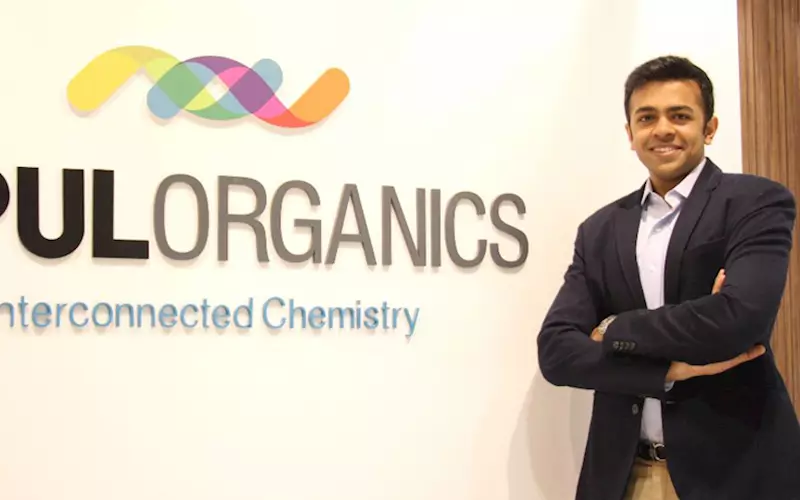Vipul Organics revenue up by 17.88% in Q2 FY22-23
Vipul Organics, a leading specialty chemicals company in the pigments and dyes segment, recently announced its Q2 results for FY 2022-23.
06 Dec 2022 | By Rahul Kumar
According to the results, the total revenue in Q2 stood at Rs 3,684.22-lakh, up 17.88% from Q2 of 2021-22. The total revenues in the half-year ended 30 September 2022 stood at 7,477.60, up 16.88% from the half-year ended on 30 September 2021. PAT stood at Rs 42.10-lakh on a standalone basis and Rs 41.71-lakh on a consolidated basis.
Vipul Shah, managing director, Vipul Organics, said: “The Global Macro Economic environment continues to be challenging and has been impacting our topline. We have been trying to deleverage ourselves by increasing focus on Indian business. To this effect we have been strengthening our team size across domains and this is also reflected in the increase in our employee costs. The input costs remain high for which we are in the process of backward integration. The beneficial results of these steps should start reflecting in the near future. We are confident that we are on the right track for growth.”
Vipul Organics is amongst the foremost manufacturers of pigments, dyestuff, lake colours and pigment intermediaries / fast salts in the country. It has three manufacturing facilities spread across Maharashtra and has a global footprint in over 50 countries.
Meanwhile, the company recently received the ISO 14001 certification for all three manufacturing facilities at Palghar, Ambernath and Tarapur. The ISO Certification is a benchmark on adherence to effective environment management system standards.
“We, at Vipul Organics, took a strategic approach to improving our environmental performance before it was made mandatory. The idea is to make as little impact as possible on the environment and reduce the carbon footprint. We have already committed significant resources in ensuring that we uphold a sustainable ecosystem and the latest ISO certification is another step in this direction,” Mihir V Shah, executive director, Vipul Organics, said.
The company already follows a zero-liquid discharge policy at its manufacturing facilities. The plants at Palghar, Ambernath and Tarapur also recycle and reuse over 98% of water.
The objective of ISO 14001:2015 certification is to ensure compliance with current and future statutory and regulatory requirements by addressing environmental issues at a business level and achieve better results. The ISO 14001:2015 is intended for use by an organisation seeking to manage its environmental responsibilities in a systematic manner that contributes to the environmental pillar of sustainability.











 See All
See All